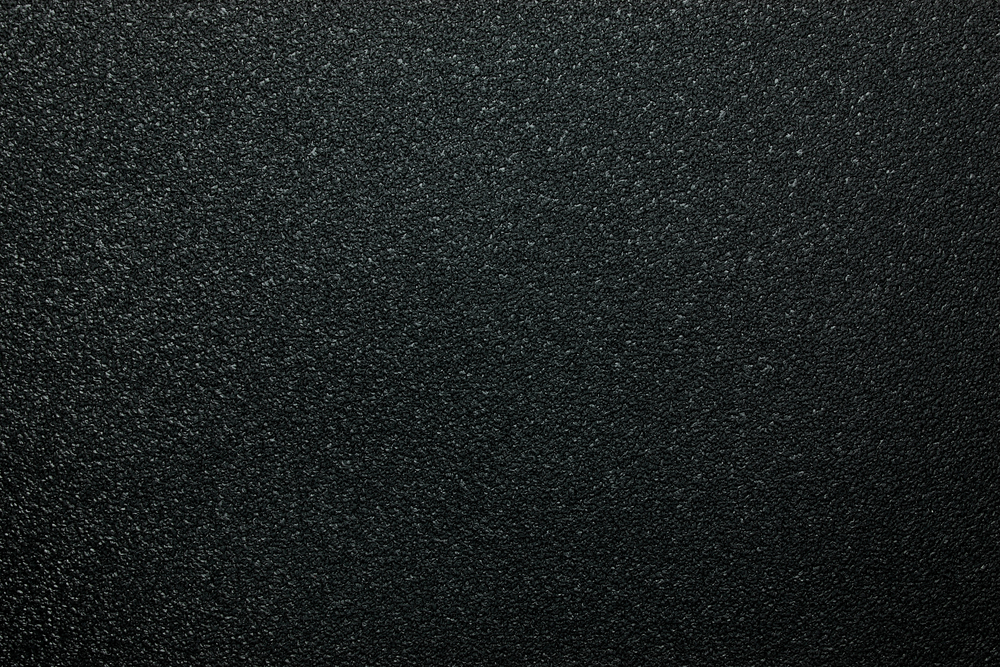
In part one of this two-part blog series, we went over some of the basics on the various asphalt mixes and types that might be used on your property. While many asphalt surfaces often look similar, they are actually often made from a few different mix types, which include various amounts of aggregate, sand, oil and other additives commonly used.
At Renaissance Asphalt Services, we offer several asphalt mixture possibilities when performing asphalt paving services for any of our clients. While part one of our series went over some of the standard asphalt mix types you’re most likely to run into, today’s part two will dig into a few less common asphalt types that will sometimes be used for specialty areas or specific needs on a given property.
In many settings, whether we’re talking about a home driveway, a commercial parking lot, roadways or a variety of other potential needs, noise reduction is a serious consideration. The amount of noise created by driving vehicles on a given surface will vary pretty widely between asphalt types.
For those with noise reduction as a top priority, a form of asphalt known as quiet asphalt (also called stone mix asphalt) is the best option. It reduces road noise by up to 50% in many settings, and will often be found in residential areas that are near major highways or roads. In many such situations, it’s as effective or even more effective than noise barrier walls.
When it comes to significant lots or parking areas, or areas where water management in the surrounding locations is important, porous asphalt mix is often the best choice. This type takes its name because it allows water to drain through its surface as part of its design, directing it to a recharge bed and then to the soil underneath the asphalt surface.
Not only is this great for surfaces that need to be able to withstand water without sacrificing durability, it has other benefits. Porous asphalt helps improve the quality of overall groundwater, often important for many properties, including those who source their water from wells.
Finally, there’s a type of asphalt known as driveway mix – and the name tells you all you need to know about its primary uses. Also commonly used for parking lots, driveway mix involves several different aggregate materials such as sand, gravel and crushed stone all used together, then combined with asphalt cement. The final product is somewhat similar to hot mix asphalt that we went over in part one, with ideal durability and aesthetics for these kinds of surfaces.
For more on the various asphalt mixes available to you, or to learn about any of our asphalt paving, asphalt striping or asphalt repair services, speak to the staff at Renaissance Asphalt Services today.
